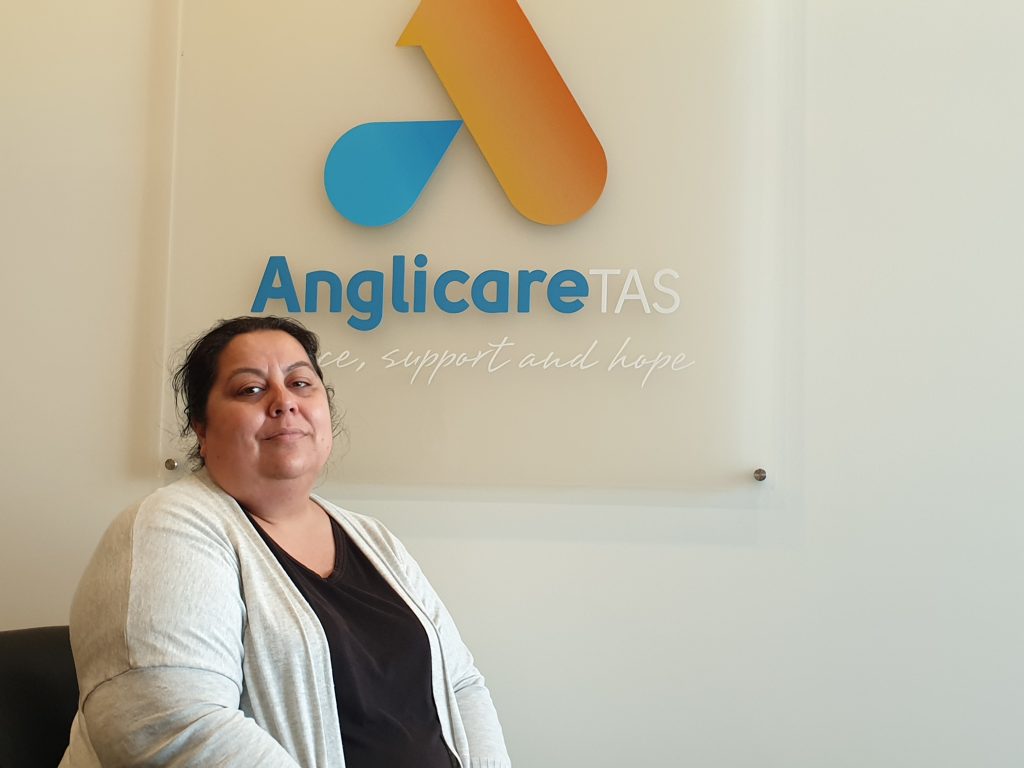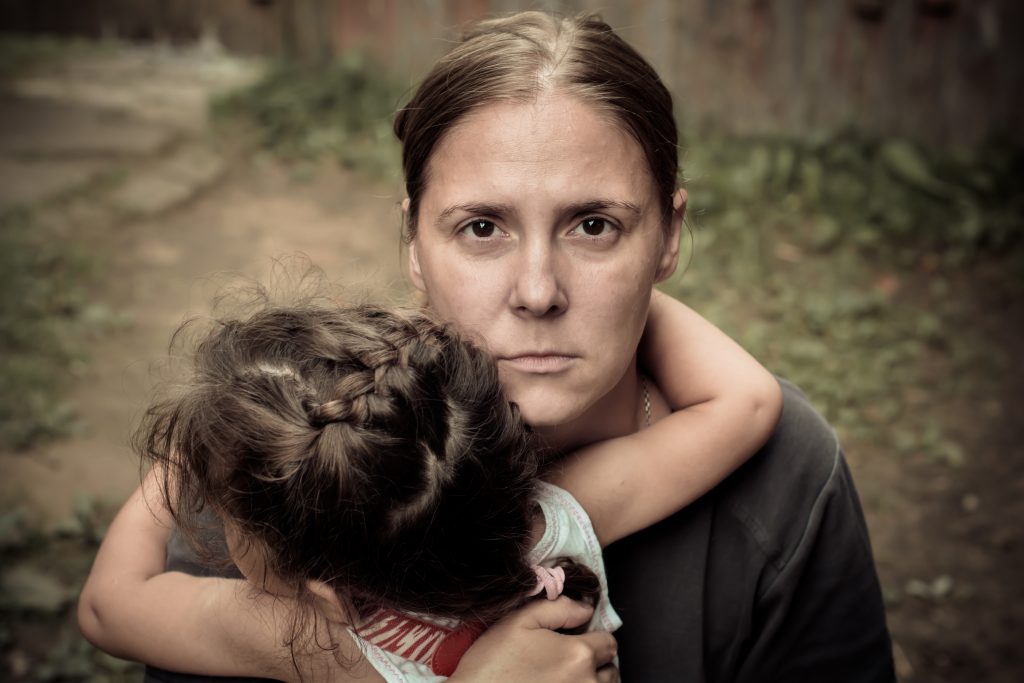This report offers insight into the lives and dreams of 15 Tasmanian children and young people who experienced homelessness and mental ill-health alone. It also details the experiences of 65 Tasmanian professionals working in community and school-based services, who report struggling to respond to the complex and competing needs of unaccompanied homeless children.
The report has four key recommendations. These include providing early intervention through primary schools, and improved access to appropriate mental health services and care coordination.
You can download a word version of the Better, Bigger, Strong report here.





